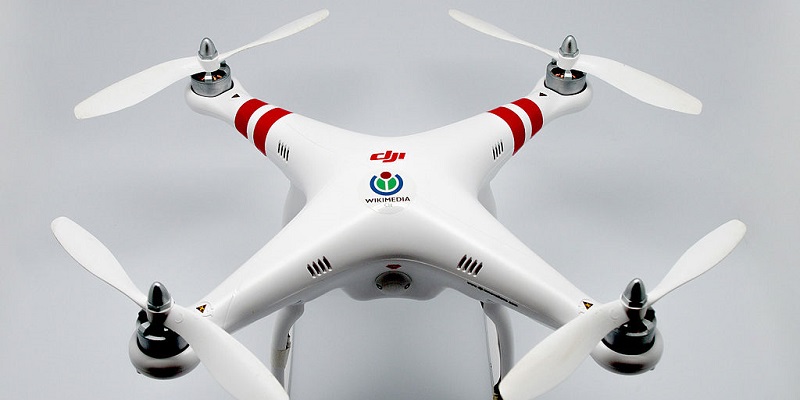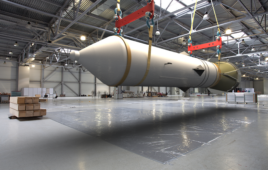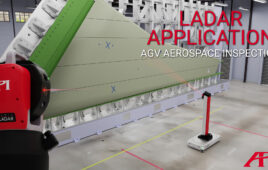
Shown is a drone made by DJI, the Chinese company that produces the drones that Wal-Mart plans to use for testing. (Image: Clément Bucco-Lechat)
Retail colossus Wal-Mart submitted an application on Monday to the Federal Aviation Administration for the right to test commercial drones for home delivery and curbside pickup, according to a report by Reuters. The company also hopes to test the devices for practices that will maximize efficiency, such as the monitoring of inventory at its warehouses.
The company will use drones produced by China-based SZ DJI Technology.
For several months Wal-Mart has been testing drones indoors. However, a permit from the FAA would give the company the benefit of testing its drones in an outdoor setting. The use of commercial drones is illegal without an exemption from the FAA.
Various companies have received clearance from the administration, which will decide whether Wal-Mart’s proposed use for the drones is analogous to the practices it previously approved. If the FAA finds that Wal-Mart’s testing will set a precedent, the agency will conduct a detailed risk analysis and ask the public for its opinion, FAA spokesperson Les Dorr, said according to Reuters. Typically the agency responds to applications in 120 days.
According to Reuters, Wal-Mart Spokesman Dan Toporek said the company will hastily attempt to deploy drones if the results of the tests and regulations favor the action.
“Drones have a lot of potential to further connect our vast network of stores, distribution centers, fulfillment centers and transportation fleet,” he told Reuters. “There is a Walmart within five miles of 70 percent of the U.S. population, which creates some unique and interesting possibilities for serving customers with drones.”
By operating more economically and efficiently Wal-Mart could perhaps curb a current funk. This month the company announced that it projects its earnings to decline in 2016, due in part to increased wages and its practice of matching the prices of competitors. One way of improving efficiency would be to use the drones for checking its stock at warehouses using electronic tagging and other practices, which the company said it wanted to do in its FAA application.
The home delivery that the company would test the drones for would involve small residential neighborhoods. Those examinations would determine whether Wal-Mart could deploy one of the commercial drones from a tuck “to safely deliver a package at a home and then return safely to the same,” the application reads, according to Reuters. Wal-Mart’s growing grocery pickup service, which it currently offers or plans to offer by next year in 43 combined markets, also stands to receive a positive jolt from drone use.
If Wal-Mart does indeed get the nod from the FAA, it would join more than 2,100 groups that received an FAA exemption for commercial drone testing and use.
Filed Under: Aerospace + defense




